Revealing its role, Washington: The Baghdad-Kurdistan agreement will enhance regional energy security.
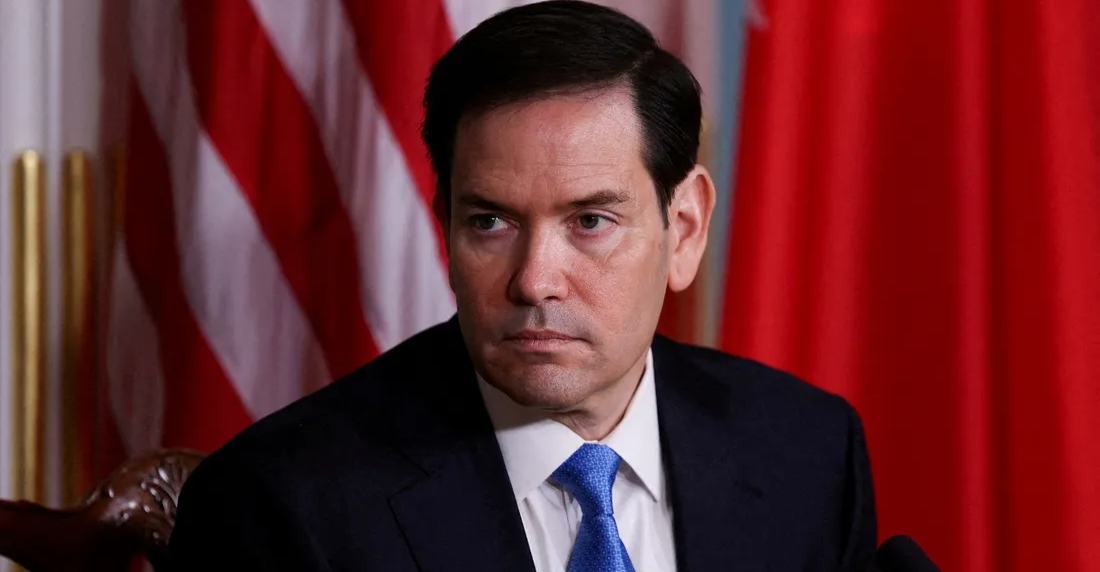 US Secretary of State Mike Rubio revealed on Thursday Washington’s role in the Baghdad-Kurdistan Region agreement to resume oil exports, stressing that it will enhance “regional security.”
US Secretary of State Mike Rubio revealed on Thursday Washington’s role in the Baghdad-Kurdistan Region agreement to resume oil exports, stressing that it will enhance “regional security.”
“We welcome the announcement that the Government of Iraq has reached an agreement with the Kurdistan Regional Government and international companies to reopen the Iraq-Turkey pipeline, an agreement facilitated by the United States that will deliver tangible benefits to Americans and Iraqis alike,” Rubio said in a press statement.
He added, “We commend the decisive efforts of Iraqi Prime Minister Mohammed Shia al-Sudani and senior Iraqi government officials, as well as Kurdistan Regional Government Prime Minister Masrour Barzani and senior KRG officials, to achieve this progress.”
He continued, “This agreement will strengthen the mutually beneficial economic partnership between the United States and Iraq, encourage a more stable investment environment across Iraq for American companies, enhance regional energy security, and strengthen Iraqi sovereignty.”
Iraqi Prime Minister Mohammed Shia al-Sudani announced Thursday evening that he had reached an oil agreement with the Kurdistan Region, describing it as “historic.” The federal Ministry of Oil indicated that the agreement is the result of ongoing efforts over the past months to establish clear mechanisms to ensure smooth export flows and transparency in revenues .
It’s worth noting that the Kurdistan Regional Government’s Ministry of Natural Resources, the Iraqi Ministry of Oil, and oil companies signed a tripartite agreement last Monday, paving the way for the resumption of the export of Kurdistan Region oil via the Ceyhan pipeline.
Kurdistan Region oil exports were halted on March 25, 2023, following an international arbitration ruling requiring Turkey not to allow the region’s oil exports without the approval of the federal government in Baghdad .
Since then, shipments of an estimated 450,000 barrels per day have been disrupted, including 400,000 barrels from the Kurdistan Region and 50,000 from the northern Kirkuk fields. This disruption has resulted in daily financial losses exceeding $30 million, according to unofficial estimates.
Shafaq.com

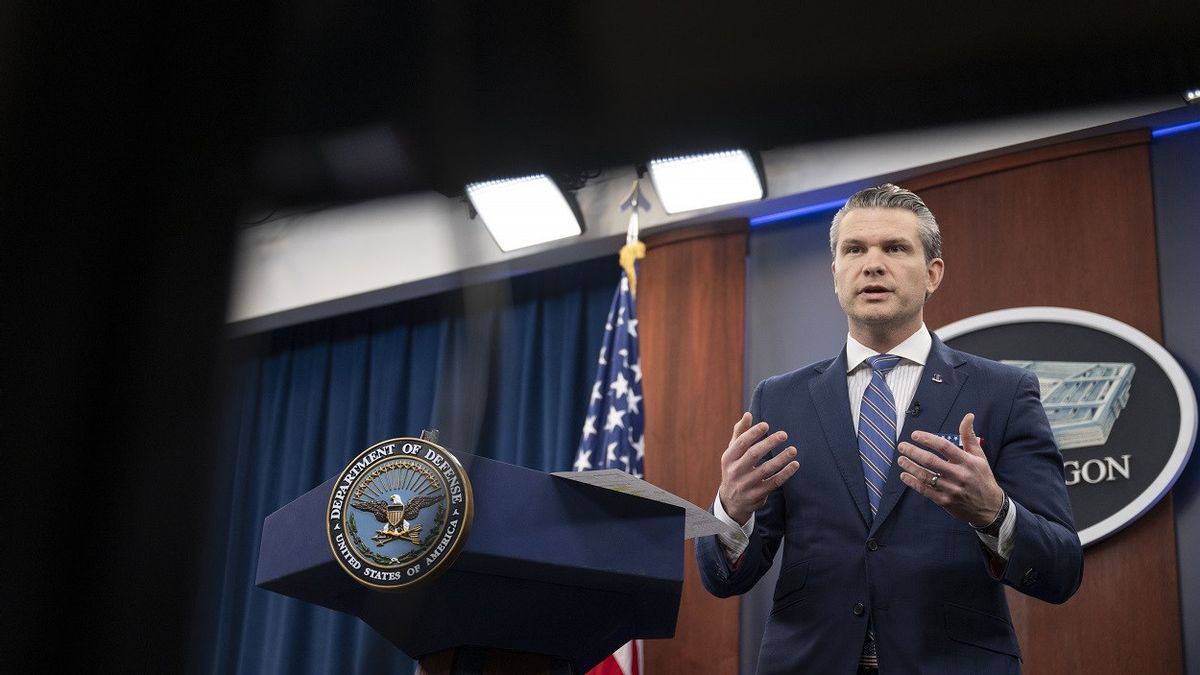 US Secretary of Defense Pete Hegseth has summoned hundreds of generals and admirals to an emergency meeting next week in Virginia, without announcing a clear reason.
US Secretary of Defense Pete Hegseth has summoned hundreds of generals and admirals to an emergency meeting next week in Virginia, without announcing a clear reason.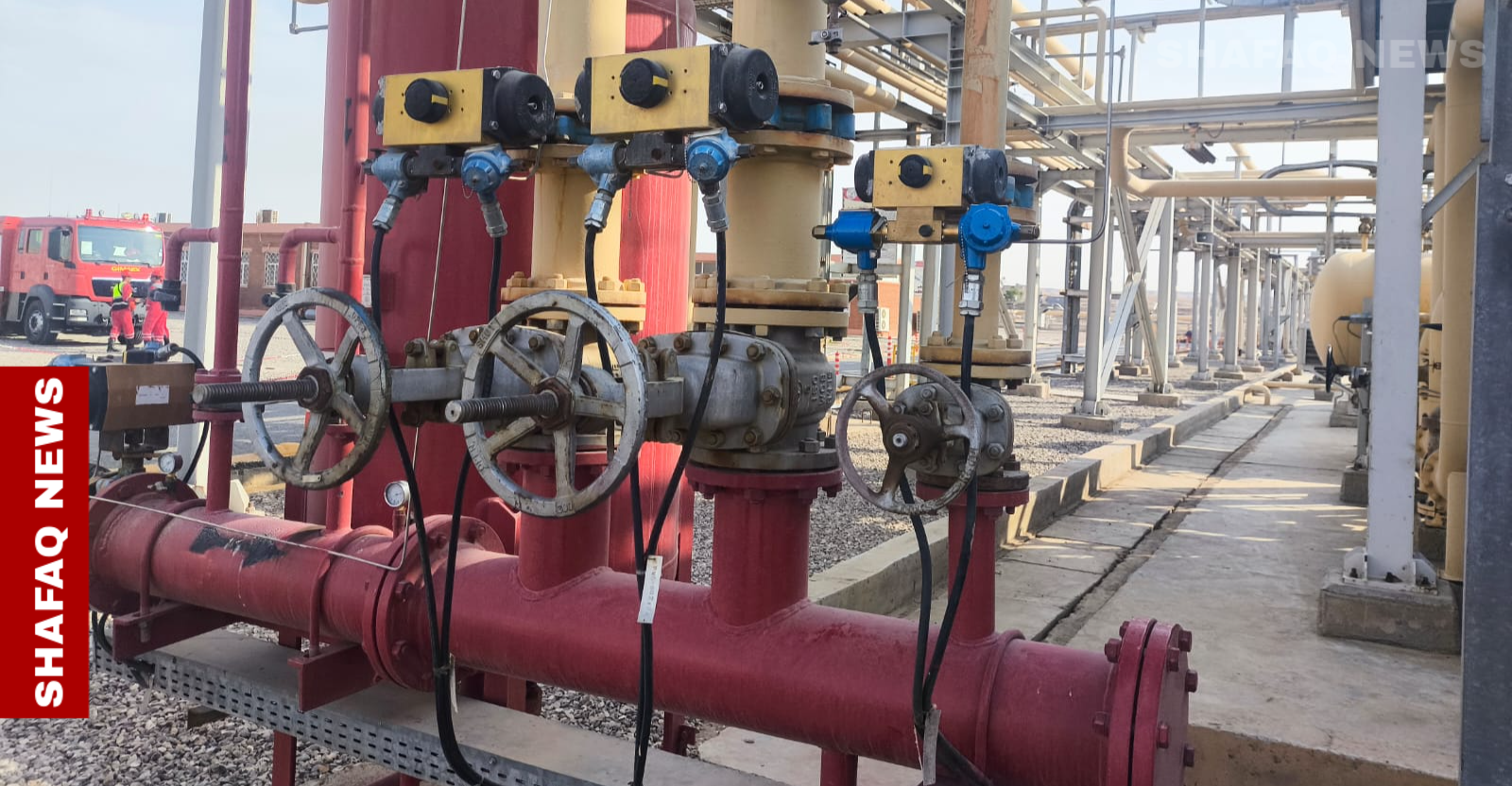 An oil source at the North Oil Company revealed on Friday that crude oil exports from the Kurdistan Region to Türkiye will resume tomorrow morning, Saturday, after exports were halted in March 2023.
An oil source at the North Oil Company revealed on Friday that crude oil exports from the Kurdistan Region to Türkiye will resume tomorrow morning, Saturday, after exports were halted in March 2023.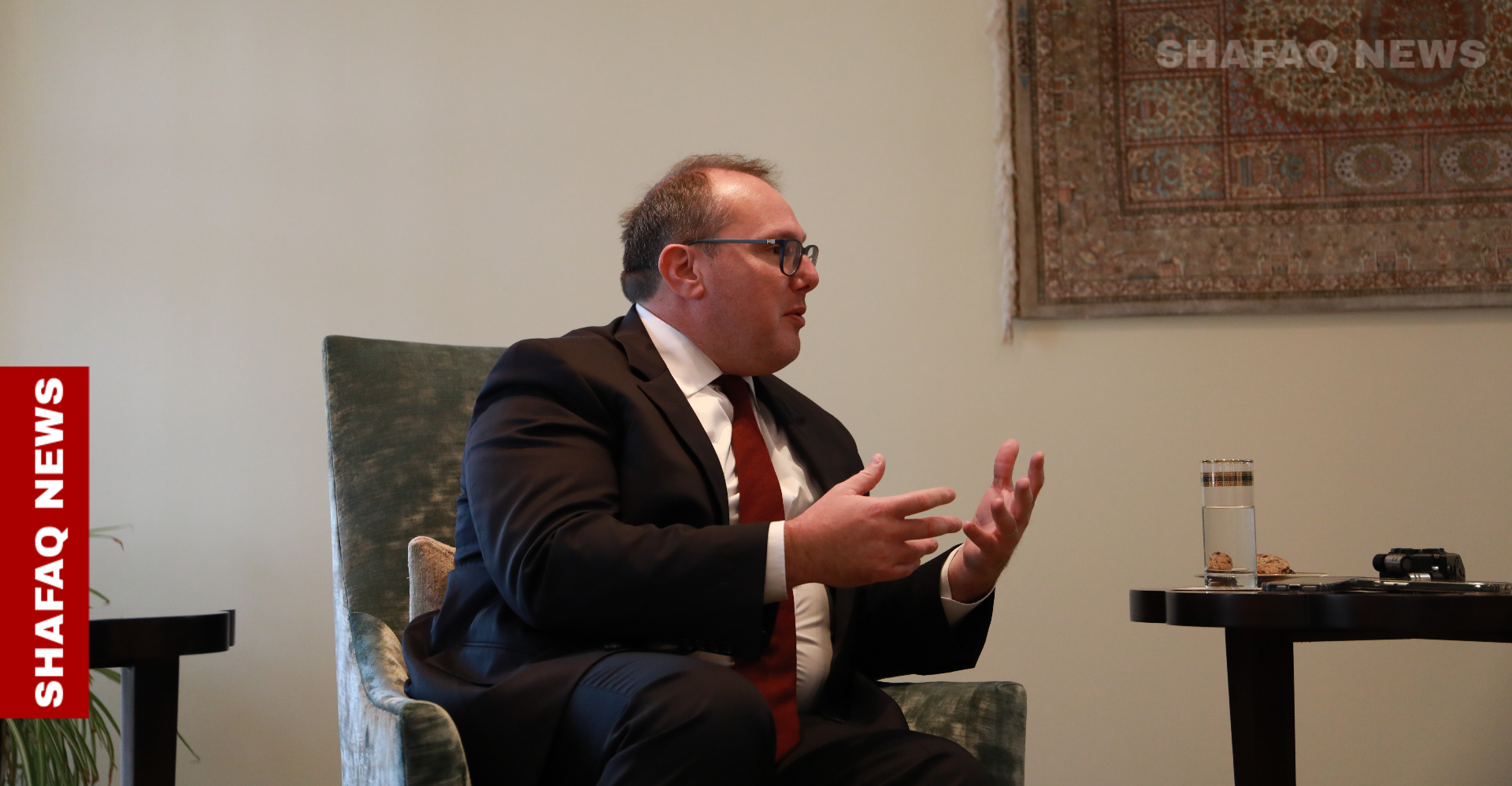 The US Chargé d’Affaires in Baghdad, Joshua Harris, asserted that Iraq remains central to US policy, downplaying talk of Baghdad’s regression to the margins under President Donald Trump, as some observers have suggested.
The US Chargé d’Affaires in Baghdad, Joshua Harris, asserted that Iraq remains central to US policy, downplaying talk of Baghdad’s regression to the margins under President Donald Trump, as some observers have suggested.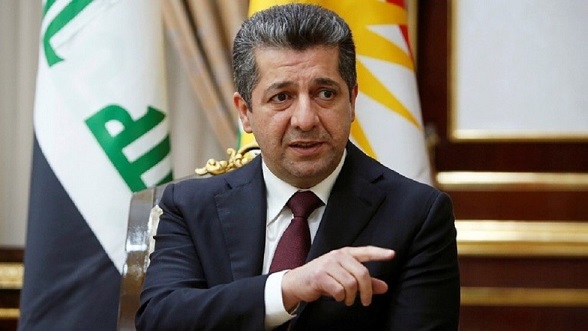 Kurdistan Regional Government Prime Minister Masrour Barzani affirmed on Thursday (September 25, 2025) that the agreement reached with the federal government on the oil file represents a “historic step” that ends years of dispute and restores the region’s direct connection to global markets.
Kurdistan Regional Government Prime Minister Masrour Barzani affirmed on Thursday (September 25, 2025) that the agreement reached with the federal government on the oil file represents a “historic step” that ends years of dispute and restores the region’s direct connection to global markets.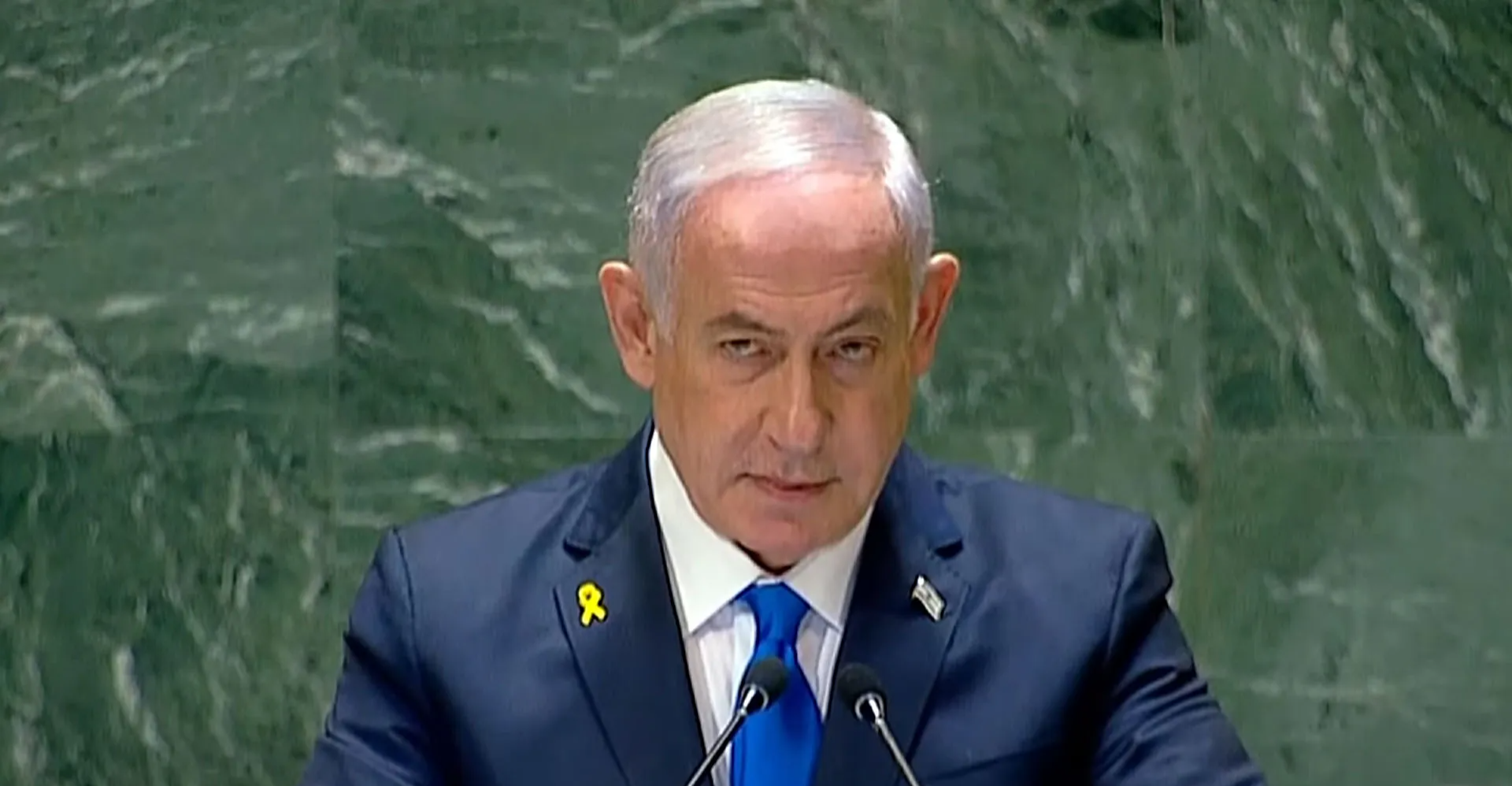 Israeli Prime Minister Benjamin Netanyahu threatened on Friday to eliminate the leaders of “militias in Iraq” if Israel is attacked, stating that Tel Aviv has succeeded in deterring these “militias .”
Israeli Prime Minister Benjamin Netanyahu threatened on Friday to eliminate the leaders of “militias in Iraq” if Israel is attacked, stating that Tel Aviv has succeeded in deterring these “militias .”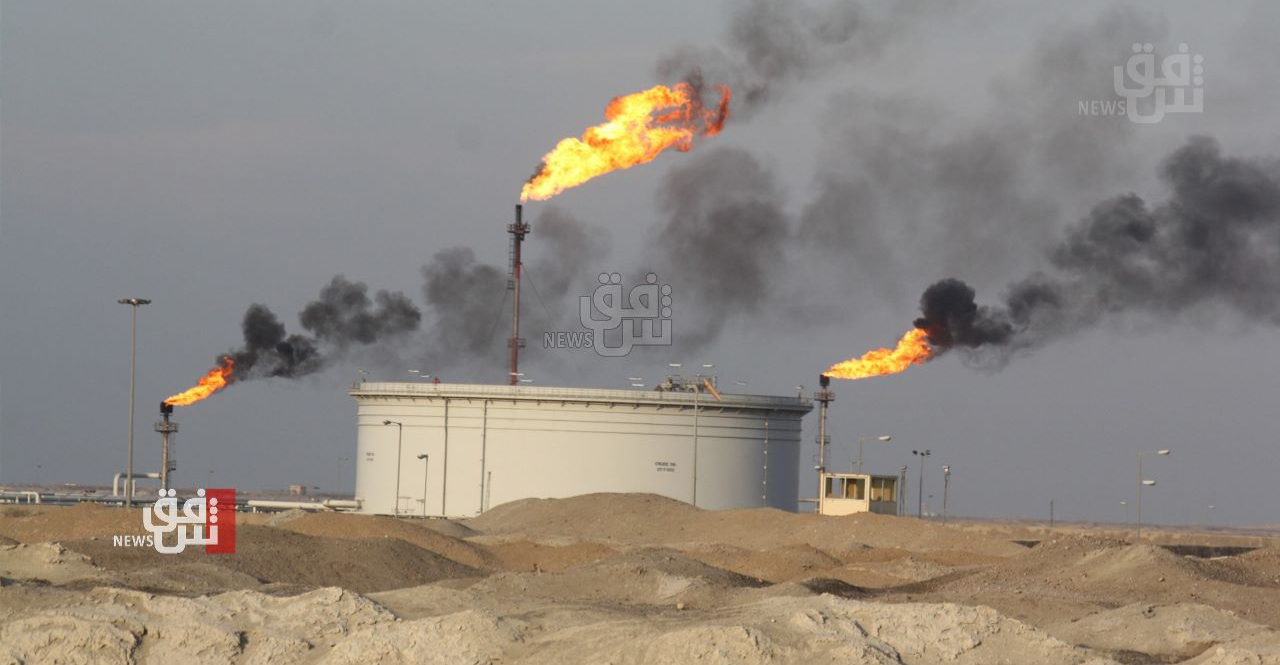 The Kurdistan Regional Government’s Ministry of Natural Resources announced on Thursday that the region’s oil exports will resume within the next 48 hours.
The Kurdistan Regional Government’s Ministry of Natural Resources announced on Thursday that the region’s oil exports will resume within the next 48 hours.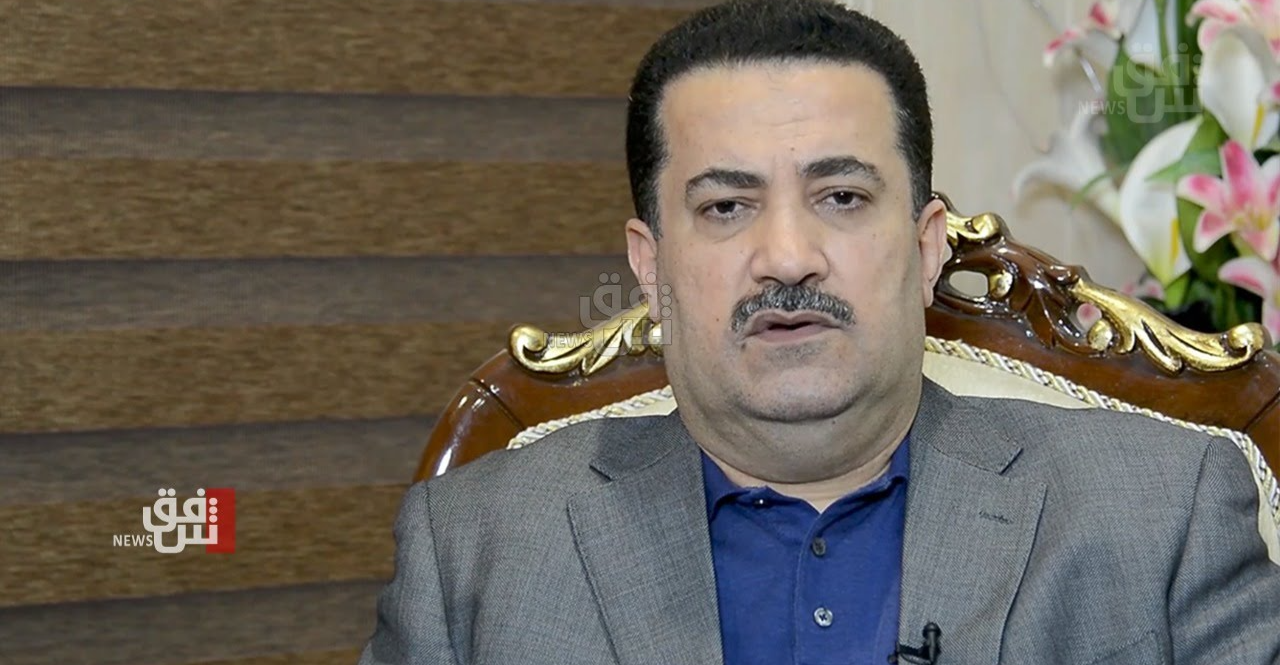 Iraqi Prime Minister Mohammed Shia al-Sudani announced Thursday evening that he had reached what he described as a “historic” oil agreement with the Kurdistan Region.
Iraqi Prime Minister Mohammed Shia al-Sudani announced Thursday evening that he had reached what he described as a “historic” oil agreement with the Kurdistan Region. The Parliamentary Transport and Communications Committee announced tangible progress in lifting the European ban on Iraqi Airways, paving the way for the resumption of flights over European airspace after meeting approved international requirements. Committee member Karwan Ali Yaroos explained to Al-Sabah that Prime Minister Mohammed Shia al-Sudani personally followed up on the file, held meetings with the company’s management, and granted it full powers stipulated in the Public Companies Law. He also directed communication with the International Air Transport Association (IATA) consultant to activate previous contracts, complete the requirements for lifting the ban, and restore the company’s full membership through the IOSA (Internal Operational Safety Audit) program.
The Parliamentary Transport and Communications Committee announced tangible progress in lifting the European ban on Iraqi Airways, paving the way for the resumption of flights over European airspace after meeting approved international requirements. Committee member Karwan Ali Yaroos explained to Al-Sabah that Prime Minister Mohammed Shia al-Sudani personally followed up on the file, held meetings with the company’s management, and granted it full powers stipulated in the Public Companies Law. He also directed communication with the International Air Transport Association (IATA) consultant to activate previous contracts, complete the requirements for lifting the ban, and restore the company’s full membership through the IOSA (Internal Operational Safety Audit) program.